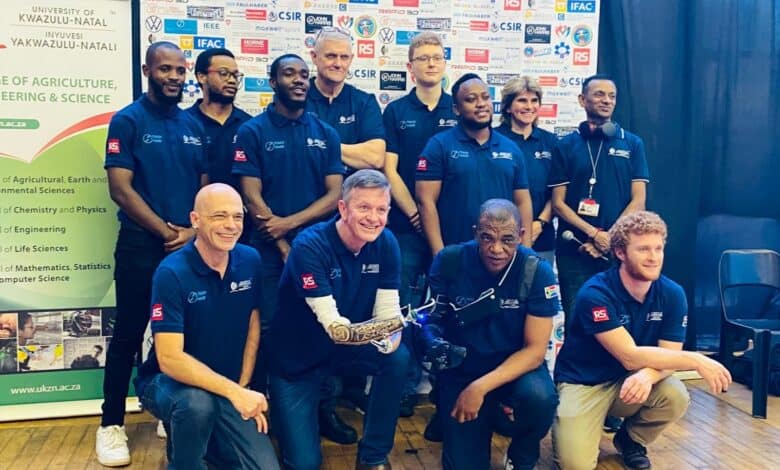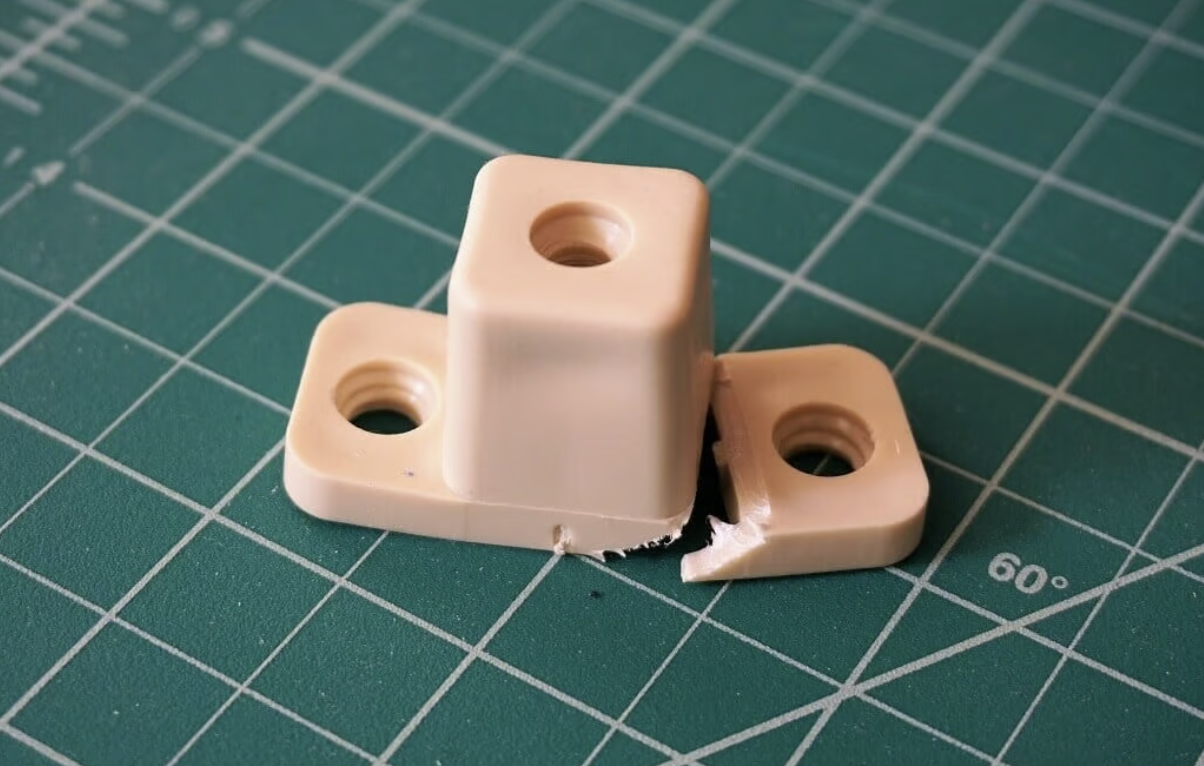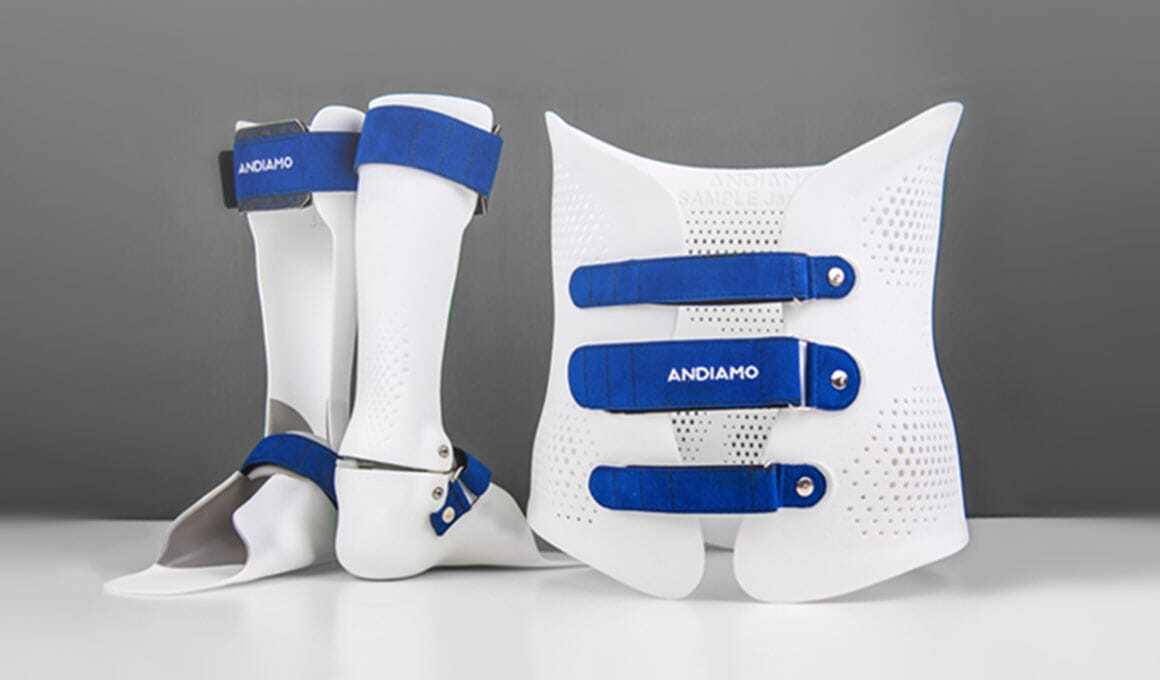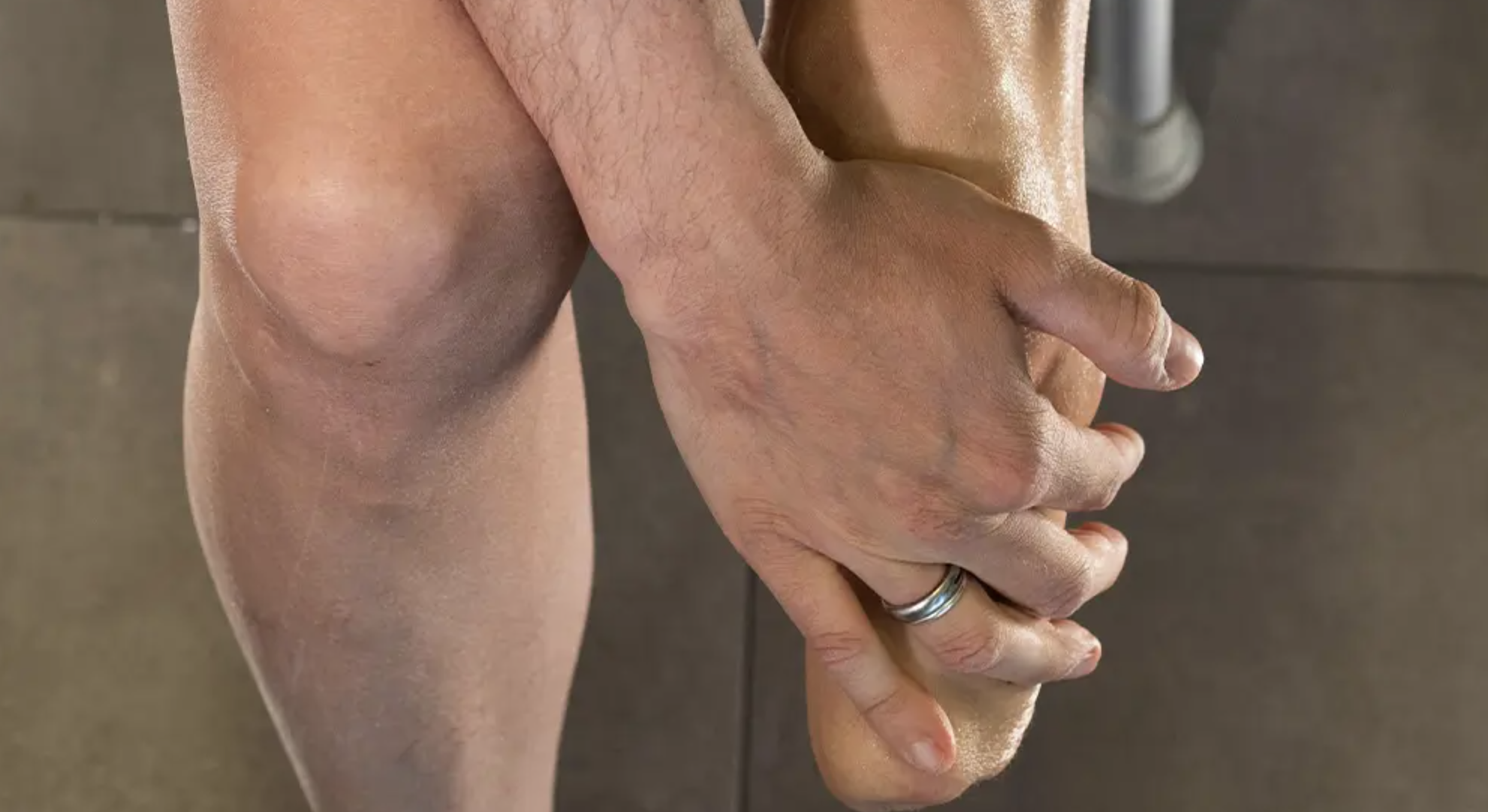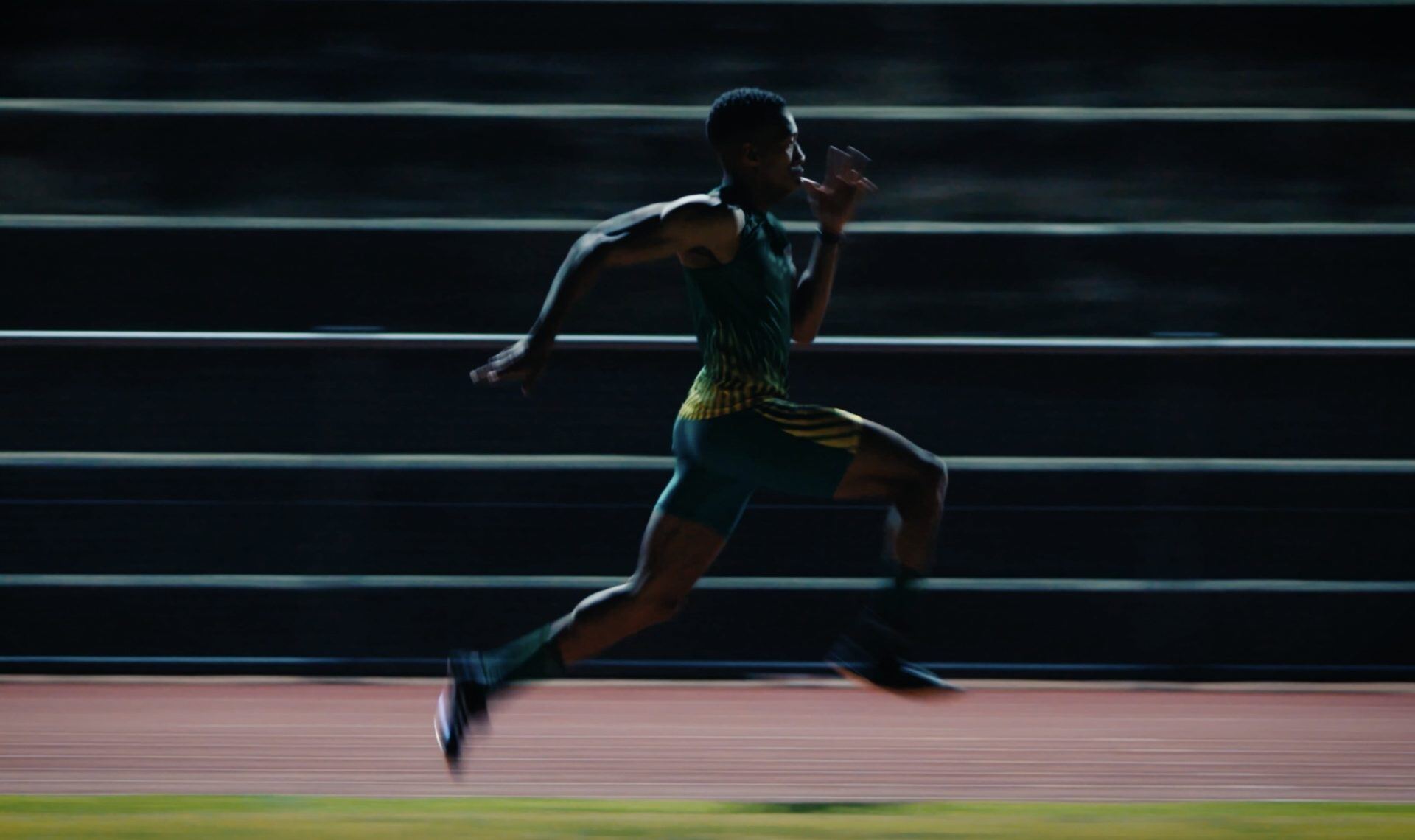South Africa is gearing up for a landmark presence at the Cybathlon 2024 championships, dubbed the “Olympics of Prosthetics,”, with two universities representing the nation in cutting-edge prosthetics competitions.
The University of KwaZulu-Natal (UKZN) will compete in the arm prosthesis category with their innovative touch prosthetics hand, while Northwest University will participate in the leg prosthesis discipline.
However, the two teams will compete from different hubs, with Northwest University competing in Switzerland and UKZN’s Touch Hand team stationed at the Durban hub.
Cybathlon is an international competition that brings together teams from around the globe to develop and test assistive technologies designed for daily use by individuals with disabilities.
The event allows for the comparison of commercial and research-based assistive devices, with participants competing simultaneously across global hubs under the same strict standards and monitoring.
Organised by ETH Zurich, Cybathlon includes a variety of disciplines such as brain-computer interface, functional electrical stimulation, exoskeletons, and more.
The competition fosters innovation and pushes teams to create more accessible, durable, and efficient technologies.
The UKZN-based touch prosthetics team, led by Professor Riaan Stopforth, are focused on developing affordable, customisable (able to be modified to suit a particular individual or task), and modular prosthetic hands.
Stopforth said their touch prosthetics hand is designed to be cost-effective, highly customisable for each user, and easily upgradeable.
Representing UKZN at the competition is “pilot” Lungile Dick from Gqeberha, who will put the touch hand to the test.
Dick’s hand was dismembered in a tragic accident, while he was repairing a machine at a boxing company, about 15 years ago. He now works as a trainer at a Volkswagen training facility in Port Elizabeth.
“As an amputee and person living with disability, I am excited about the touch hand,” said Dick.
Stopforth added that while winning the competition was not the primary goal, competing on the global stage offers invaluable opportunities to advance prosthetic technologies and improve lives.
